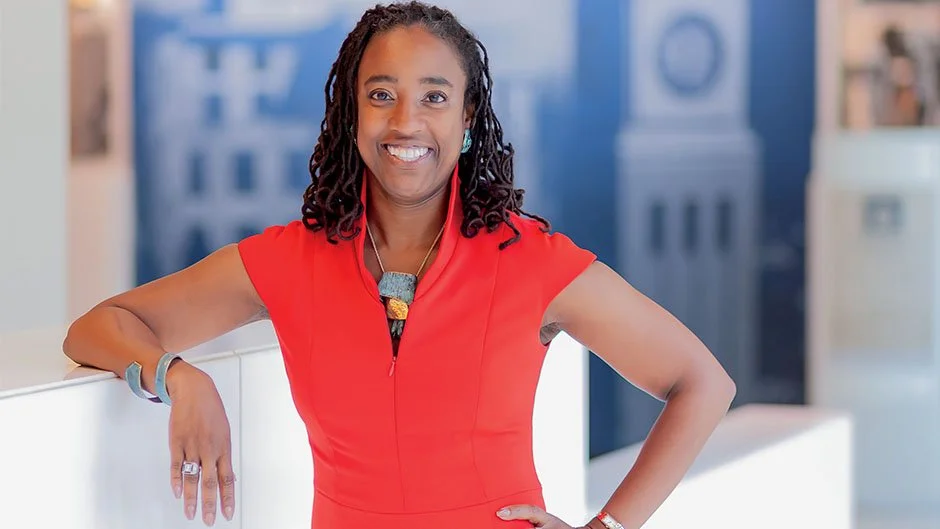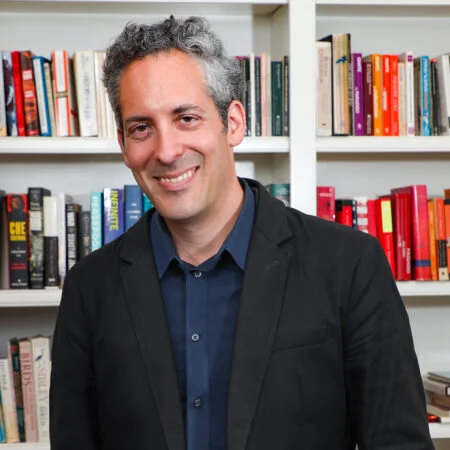After six years and 150+ interviews, Criminal Injustice is wrapping up. Dave and producer Josh Raulerson look back on what the show has accomplished and what it's meant to them.
Read MoreAs listeners know, Dave has a great day job: teaching law school. On this special episode we’ll meet some of his law students from the University of Pittsburgh, learning what drew them to the law, and what’s on their minds.
Read MoreOn Criminal Injustice, we’ve examined a host of changes and reforms that have altered the criminal justice landscape. But nothing – nothing – can match the change brought to every aspect of the system by the use of DNA to uncover wrongful convictions.
Read MoreIn Episode 55, we brought you a conversation with Kevin Sharp: a former federal judge who gave it up because he had to sentence young men like Chris Young to cruel and unjust mandatory sentences. Several years later, we have an update: we talk with Kevin Sharp, and this time with Chris Young too.
Read MoreThe criminal legal system has left us with too little justice, and too much mass incarceration, racial disparities, and lifelong burdens on those it touches. But few groups suffer as much under the system’s burdens as young black people.
Read MoreThe news is out: 2020 saw a 30% rise in murders, nationwide. 2021 isn’t looking good, either. Some want us to turn back to the aggressive policing of the past. But is there a better way to stem the tide of gun violence? What actually works?
Read MoreSheriff Joe Arpaio of Arizona was larger than life – America’s Toughest Sheriff. But when he became an anti-immigration profiler of Latinos, they organized and resisted – and that changed everything.
Read MoreWe know that every part of the criminal justice system needs transformational change. We’ve heard this about police, prosecution, the courts, and prisons. But what about public defense systems?
Read MoreWhen something goes catastrophically wrong with a police action, we ask whose fault it was. Who made the mistake? Focusing on who’s to blame is a key question for justice. But what if we want to prevent similar errors going forward? How do we fix the system that allowed the mistake to happen?
Read MoreAs the country looks for better alternatives to police for people in crisis, Eugene, Oregon’s CAHOOTS is the model. So what happens when a much bigger city tries this approach?
Read MoreWhen people experience a mental health crisis or homelessness, the best person to help may not be a uniformed and armed police officer. So, who ya gonna call?
Read MoreUrban violence kills thousands of Americans every year. It accounts for almost three quarters of the murders in the U.S., and it traps a huge number of people in poverty, blight, trauma and despair. What if there was a way cut murderous urban violence – by half?
Read MoreWhen someone goes to prison, it can destroy the family left behind – and even more so when no one really knows what happened. But then, what does the family do years later, when that family member returns?
Read MoreIn the US, the local prosecutor – usu the district attorney has a huge influence on the criminal system. The DA influences who gets prosecuted, for what, how long they serve if convicted – even who gets the death penalty. So what happens when the usual tough on crime DA gets replaced – by someone determined to bring transformational change to prosecution?
Read MoreFor years, advocates for better policing have pushed various reforms: consent decrees, civilian oversight, body cameras. But after George Floyd’s death and 2020, is reform still a viable alternative? Or is it defund or bust?
Read MoreCriminal Injustice returns with new episodes in September 2021. Until then, we're reposting some of our favorite interviews. This episode originally appeared Feb 9, 2021.
Leaving incarceration, and returning to life outside of prison. It’s a difficult process, and many end up back behind bars. What does it take to make it work? What more can be done to support those coming home? We hear it directly from two men who have done it. Mr. F. and Mr. R. (identities withheld) describe their steps into the free world after each served decades in prison.
Read MoreMore US jurisdictions are questioning the use of money bail systems for pretrial release from jail. But many in law enforcement and the bail bond industry say this will damage public safety. Is that true? What really happens when you trash cash bail?
Read MoreIn the world of police reform, accountability for misconduct depends on transparency – and that kind of transparency exists in very few places. So when a state finally does open its files on police discipline, what do we learn?
Read MoreSince the murder of George Floyd, cities and towns everywhere have proposed reforms that they hope can transform their police departments. Proposals range from more body cameras to eliminating police departments entirely. But what really works? Which of these will improve public safety, for everyone?
Read MoreEvery day in American courtrooms, forensic science offers evidence to judges and juries: fingerprints, ballistics, shoe prints, even bite marks. It’s supposed to provide scientific proof of guilt. But what if it’s a lot less reliable than we think?
Read More



















